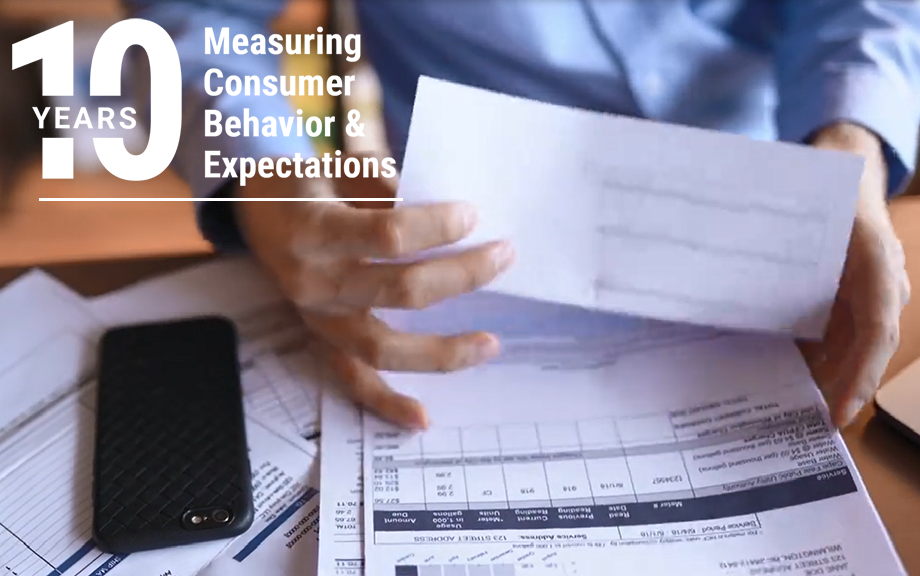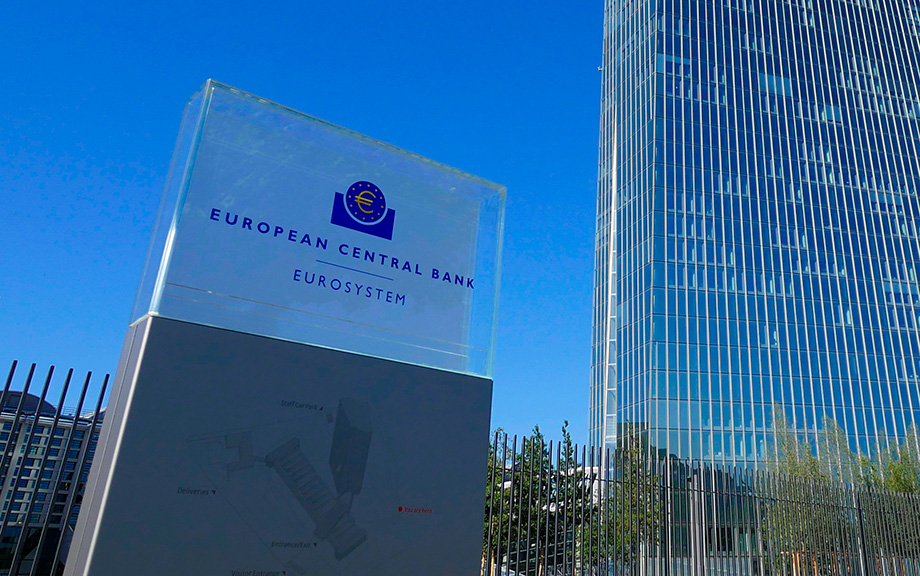The New York Fed Consumer Credit Panel: A Foundational CMD Data Set

As the Great Financial Crisis and associated recession were unfolding in 2009, researchers at the New York Fed joined colleagues at the Board of Governors and Philadelphia Fed to create a new kind of data set. Household liabilities, particularly mortgages, had gone from being a quiet little corner of the financial system to the center of the worst financial crisis and sharpest recession in decades. The new data set was designed to provide fresh insights into this part of the economy, especially the behavior of mortgage borrowers. In the fifteen years since that effort came to fruition, the New York Fed Consumer Credit Panel (CCP) has provided many valuable insights into household behavior and its implications for the macro economy and financial stability.
The CCP was one of the first data sets drawn from credit bureau data, one of the earliest features of the Center for Microeconomic Data (CMD), and the primary source material for some of the CMD’s most important contributions to policy and research. Here we review a few of the main household debt themes over the past fifteen years, and how our analyses contributed to their understanding.
The Survey of Consumer Expectations: A Look Back at the Past Decade

It has been a little over ten years since we started releasing findings from the Federal Reserve Bank of New York’s Survey of Consumer Expectations (SCE). In this post, we review some of the headline findings from the first decade of the survey’s history, highlighting the evolution of consumers’ expectations about inflation and labor market outcomes.
Can I Speak to Your Supervisor? The Importance of Bank Supervision

In March of 2023, the U.S. banking industry experienced a period of significant turmoil involving runs on several banks and heightened concerns about contagion. While many factors contributed to these events—including poor risk management, lapses in firm governance, outsized exposures to interest rate risk, and unrecognized vulnerabilities from interconnected depositor bases, the role of bank supervisors came under particular scrutiny. Questions were raised about why supervisors did not intervene more forcefully before problems arose. In response, supervisory agencies, including the Federal Reserve and Federal Deposit Insurance Corporation, commissioned reviews that examined how supervisors’ actions might have contributed to, or mitigated, the failures. The reviews highlighted the important role that bank supervisors can play in fostering a stable banking system. In this post, we draw on our recent paper providing a critical review and summary of the empirical and theoretical literature on bank supervision to highlight what that literature tells us about the impact of supervision on supervised banks, on the banking industry and on the broader economy.
The Anatomy of Export Controls
Editor's note: We corrected the first chart in this post to include missing data for the number of affected U.S. suppliers in 2016 in the histogram. Chart data is available for download via link at the foot of the post. (June 12)

Governments increasingly use export controls to limit the spread of domestic cutting-edge technologies to other countries. The sectors that are currently involved in this geopolitical race include semiconductors, telecommunications, and artificial intelligence. Despite their growing adoption, little is known about the effect of export controls on supply chains and the productive sector at large. Do export controls induce a selective decoupling of the targeted goods and sectors? How do global customer-supplier relations react to export controls? What are their effects on the productive sector? In this post, which is based on a related staff report, we analyze the supply chain reconfiguration and associated financial and real effects following the imposition of export controls by the U.S. government.
Monetary Policy and Money Market Funds in Europe

As shown in a past Liberty Street Economics post, in the United States, the yields of money market fund (MMF) shares respond to changes in monetary policy rates much more than the rates of bank deposits; in other words, the MMF beta is much higher than the deposit beta. Consistent with this, the size of the U.S. MMF industry fluctuates over the interest rate cycle, expanding during times of monetary policy tightening. In this post, we show that the relationship between the policy rates of the European Central Bank (ECB) and the size of European MMFs investing in euro-denominated securities is also positive—as long as policy rates are positive; after the ECB introduced negative policy rates in 2015, that relationship broke down, as MMFs received large inflows during this period.
A Retrospective on the Life Insurance Sector after the Failure of Silicon Valley Bank

Following the Silicon Valley Bank collapse, the stock prices of U.S banks fell amid concerns about the exposure of the banking sector to interest rate risk. Thus, between March 8 and March 15, 2023, the S&P 500 Bank index dropped 12.8 percent relative to S&P 500 returns (see right panel of the chart below). The stock prices of insurance companies tumbled as well, with the S&P 500 Insurance index losing 6.4 percent relative to S&P 500 returns over the same time interval (see the center panel below). Yet, insurance companies’ direct exposure to the three failed banks (Silicon Valley Bank, Silvergate, and Signature Bank) through debt and equity was modest. In this post, we examine the possible factors behind the reaction of insurance investors to the failure of Silicon Valley Bank.
Internal Liquidity’s Value in a Financial Crisis

A classic question for U.S. financial firms is whether to organize themselves as entities that are affiliated with a bank-holding company (BHC). This affiliation brings benefits, such as access to liquidity from other affiliated entities, as well as costs, particularly a larger regulatory burden. This post highlights the results from a recent Staff Report that sheds light on this tradeoff. This work uses confidential data on the population of broker-dealers to study the benefits of being affiliated with a BHC, with a focus on the global financial crisis (GFC). The analysis reveals that affiliation with a BHC makes broker-dealers more resilient to the aggregate liquidity shocks that prevailed during the GFC. This results in these broker-dealers being more willing to hold riskier securities on their balance sheet relative to broker-dealers that are not affiliated with a BHC.
Physical Climate Risk and Insurers

As the frequency and severity of natural disasters increase with climate change, insurance—the main tool for households and businesses to hedge natural disaster risks—becomes increasingly important. Can the insurance sector withstand the stress of climate change? To answer this question, it is necessary to first understand insurers’ exposure to physical climate risk, that is, risks coming from physical manifestations of climate change, such as natural disasters. In this post, based on our recent staff report, we construct a novel factor to measure the aggregate physical climate risk in the financial market and discuss its applications, including the assessment of insurers’ exposure to climate risk and the expected capital shortfall of insurers under climate stress scenarios.
Learning by Bouncing: Overdraft Experience and Salience

Overdraft credit, when banks and credit unions allow customers to spend more than their checking account holds, has many critics. One fundamental concern is whether overdrafts are salient—whether account holders know how often they overdraw and how much it costs them. To shed light on this question, we asked participants in the New York Fed’s Survey of Consumer Expectations about their experience with and knowledge of their banks’ overdraft programs. The large majority knew how often they overdrew their account and by how much. Their overdraft experience, we find, begets knowledge; of respondents who overdrew their account in the previous year, 84 percent knew the fee they were charged, roughly twice the share for other respondents. However, even experienced overdrafters were relatively unaware of other overdraft terms and practices, such as the maximum overdraft allowed or whether their financial institution processed larger transactions first.











 RSS Feed
RSS Feed Follow Liberty Street Economics
Follow Liberty Street Economics